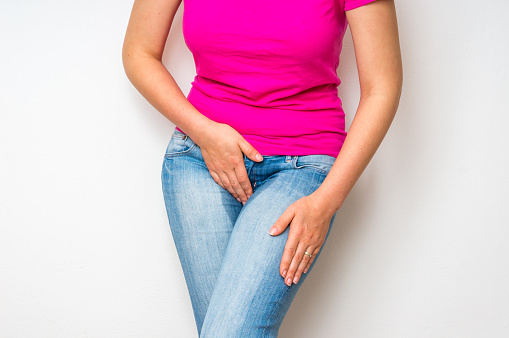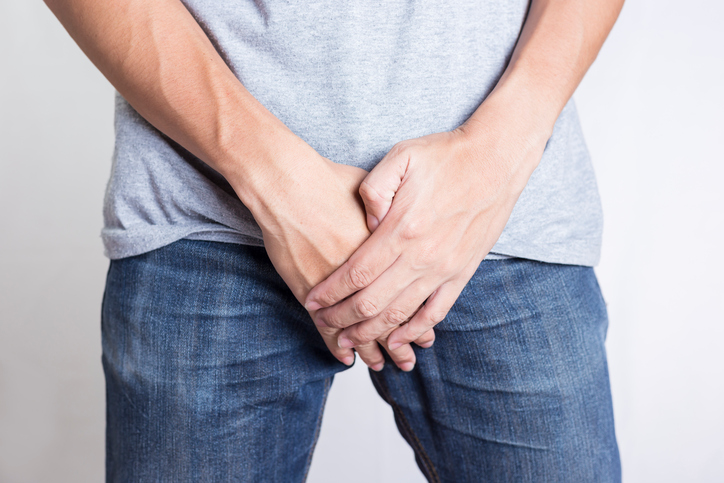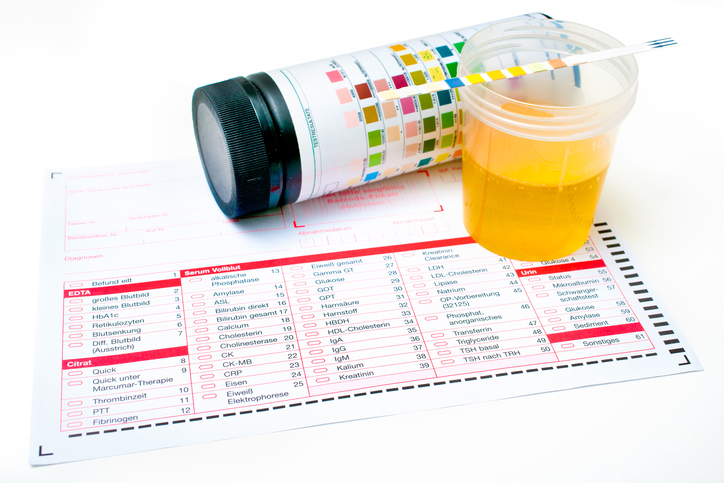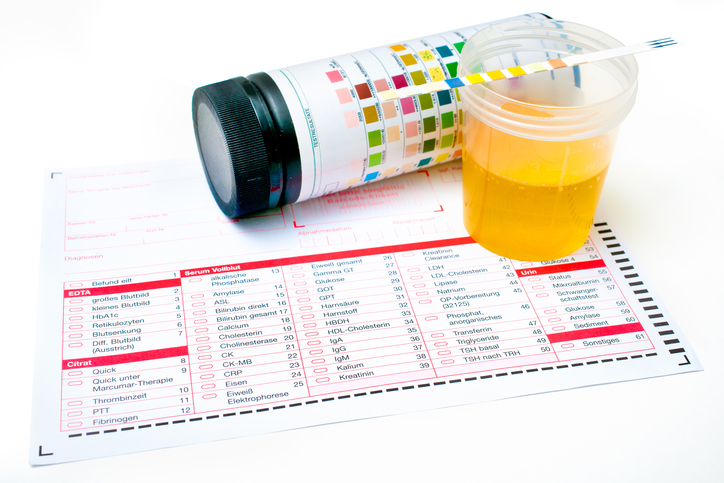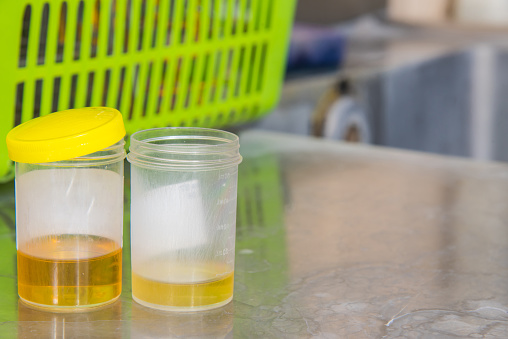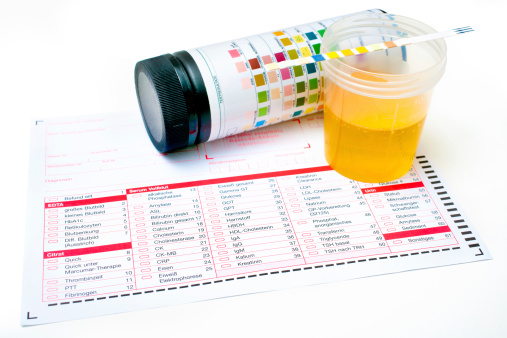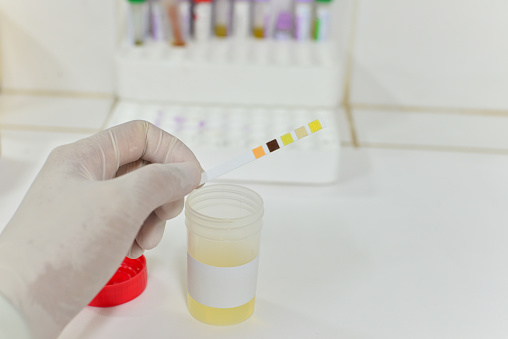Dysuria (painful urination) causes, symptoms, and treatment
Dysuria – also known as painful urination – is a condition that can be an early sign of a urinary tract infection. Dysuria leads to feeling pain, discomfort, or burning while urinating. It’s important you get dysuria checked out as there are numerous different causes for it, so the sooner you see the doctor, the ...click here to read more


